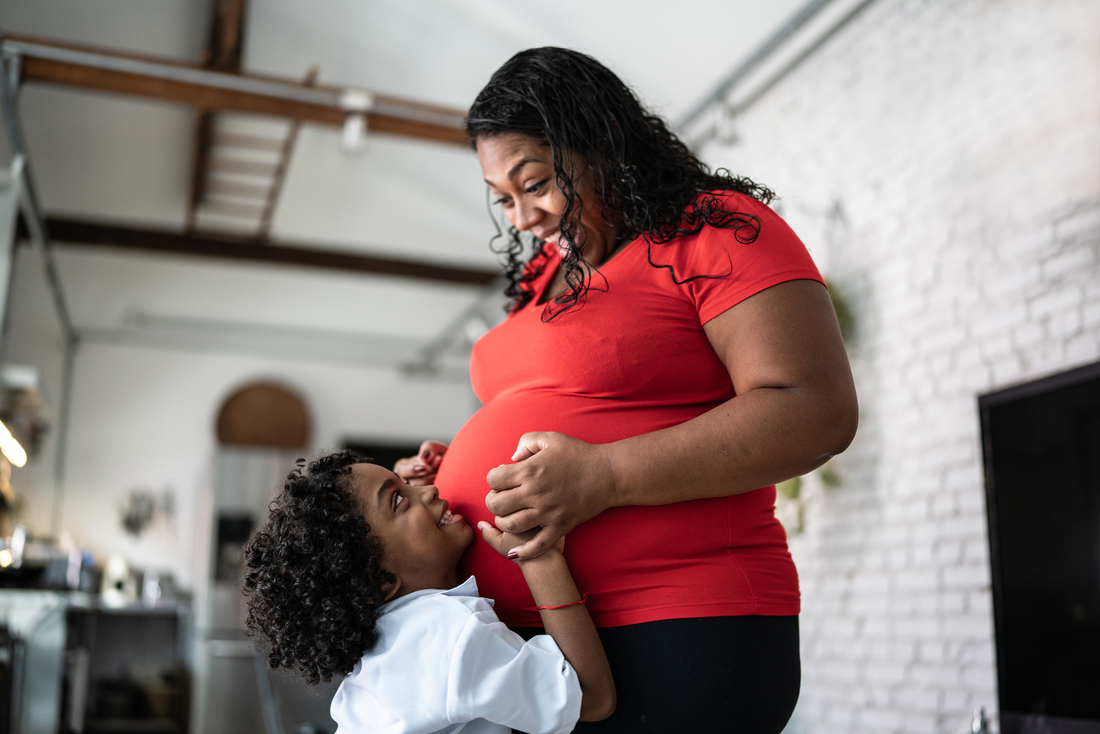Pregnancy is an amazing transformational period comprising of 40 weeks. There is nothing like growing a new life inside of you — it’s crazy when you think about it!
Many unbelievable changes happen to the body during pregnancy. Some of them may sound strange and even gross but are pretty normal. Here are a few fun facts (other than what the scans or doctors tell you) that might interest you.

#1- Babies Cry in the Womb:
Babies have been shown to become startled on 3D ultrasounds when the sonographer presses down on the stomach with the ultrasound. Researchers have also found that when your baby hears sounds, they might “cry”, with ultrasound videos showing babies opening their mouths and gasping when music is played. Thankfully you can’t hear them because of all of the fluid!
#2- Baby Drinks his pee:
From the second trimester onwards, your baby begins to urinate about a liter per day in the womb. And can you guess where that pee goes? The baby drinks it. The baby urinates up to a litre per day, and yes! They drink it too.
#3- Babies can taste what the mother is eating:
Eat whatever you want your child to eat as he grows up! You don’t want a fussy eater later, isn’t it? Based at Durham University’s Fetal and Neonatal Research Lab, the study’s research team used 4D ultrasound scans, which create three-dimensional videos of fetuses in utero, to see how the unborn children of 100 pregnant women reacted to food ingested by their mothers. Fetuses exposed to the sweet taste of carrot responded with upturned lips and “laughter-face” expressions, while those exposed to the bitter taste of kale made “cry-face” expressions instead.

#4- Erections in the womb:
Yes, you heard that right! A male fetus can get erections in the womb. To your surprise, it is also believed that during sonography, a male fetus arousal can be caught.
#5- The would-be-fathers show signs of pregnancy:
It is a surprising fact that even would-be-fathers start to gain weight. Some may experience cramps in the lower abdomen. This condition is referred to as a sympathetic pregnancy or the Couvade Syndrome.
#6- It is possible to be pregnant for an entire year:
The average duration of pregnancy is 280 days, but it is possible to stay pregnant for over a year. The most prolonged pregnancy ever recorded was 375 days long, which is three months longer than average.

#7- Excess saliva:
During the first trimester, many women find that saliva builds up in their mouths—sometimes to the point of interfering with talking. Although it’s more of a nuisance than a health concern, excess saliva is often associated with morning sickness and should end by the second trimester. In the meantime, try chewing sugarless gum or using mouthwash to help keep both saliva and nausea under control.
#8- Baby born with teeth:
About 1 in every 2,000 babies are born with teeth. These are loose natal teeth and need to be removed by a doctor. They can be painful for the mother during breastfeeding. They can also be dangerous — there’s a risk they may be dislodged and inhaled.
#9- Baby can recognize mom’s voice from inside the womb:
Around week 18 of pregnancy, the structures inside your baby’s ear are well-established enough for your baby to start hearing some limited noises. Some of these are sounds that you might not even notice yourself — the gurgle of your stomach and whoosh of air in and out of your lungs.
Over the next few weeks, your baby will hear more and more of the outside world. By weeks 27 to 30, babies react in response to voices and noises that filter into the womb.
#10- An irresistible urge to nest:
If, at some point in the third trimester, you feel like tearing down the house and rebuilding it, you’re not alone. The instinct to clean and reorganize—called nesting—is also common in birds, cats and dogs. “Women just want to do so many things, it’s almost like a time-clock where your body is telling you, ‘You need to get everything ready for the baby,’” says Darine El-Chaâr, an obstetrician in Ottawa. “It’s a protective mode, but you might find it makes you incredibly productive because you’re committed to getting it all done.”
Here’s the most interesting one. Baby girls develop all the reproductive eggs they will ever need and use in the uterus. But baby boys won’t develop sperm until they hit puberty.
Disclaimer
The Content is not intended to be a substitute for professional medical advice, diagnosis, or treatment. Always seek the advice of your physician or other qualified health provider with any questions you may have regarding a medical condition.